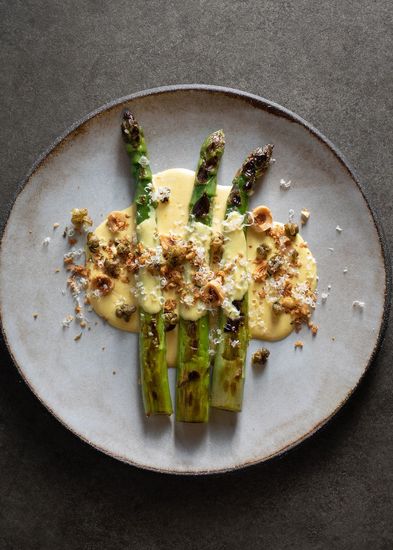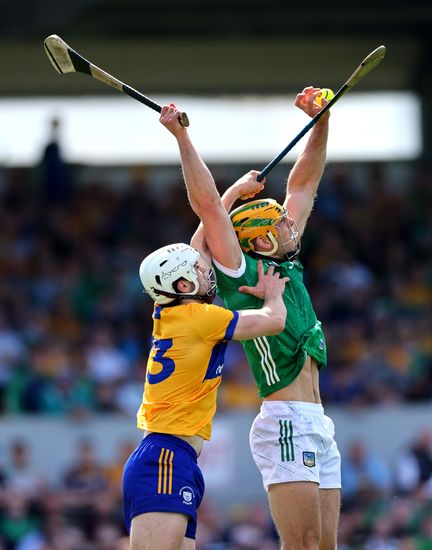Christopher Ellis is an international star in the making, the experts say
By Colleen Taylor
You might have heard of the “Big House” novel in Irish literature. Pioneered in the early 20th century by Elizabeth Bowen, the nostalgic, semi-gothic genre explores the decline of Anglo-Irish identity and the fall of the so-called Big Houses across Ireland. It’s of continuing interest among writers and scholars today, including William Trevor and Tana French, who writes post-Celtic Tiger, Big House thrillers. But now it would seem the Irish music scene is cultivating its own version. This week, many of Ireland’s best classical musicians will treat fans to concerts in a number of historic Big Houses in Ireland. A unique Irish music festival called “Great Music in Irish Houses,” running this week through Sunday, seeks to mix music with Irish history through the exploration of sound and space.
For the organizers of Great Music in Irish Houses, venue is as important as performance. The festival seeks out the best soloists and chamber orchestra musicians, but just are just as dedicated to choosing the best and most historic of spaces—places that can be transformed into vibrant and historically significant concert halls. Laurie Cearr, general manager of the festival, writes “While great music is always at the heart of our efforts, seeking out interesting new venues is also an important part of our mission to entertain our audiences.” The venues for the 2016 festival compile a timeline of some of Ireland’s most momentous historical events. For instance, the festival opens in National Botanic Gardens in Glasnevin Cemetery. A concert will also be held at the Kevin Barry Recital Room in Earlsfort Terrace, where the Anglo-Irish Treaty was debated and ratified in late 1921 and early 1922. Chapel Royal at Dublin Castle and the GPO itself also appear on the schedule, signifying the historical relevance of the 1916 Centenary this year. Then, of course, there’s also Kilruddery House in Wicklow—a gorgeous Big House to host the musicians.
The festival not only highlights topographical icons in Ireland, it will also feature classical music icons from home and abroad, who might also be thought of as historical figures in the legacy of music in Ireland. Richard Goode, for instance, a global piano master, performed his Irish debut at the festival in 2014 and returns this year in 2016. Ireland’s best homegrown talent will perform as well. Ireland’s Chamber Choir will play in the fitting space of the Grand Lodge Room of Dublin’s Freemason’s Hall under Paul Hillier, a conductor of international acclaim. The Carducci Quartet, one of the world’s most celebrated young ensembles, who have performed in prestigious venues, like the John F. Kennedy Center in D.C., will play with British cellist Guy Johnston. Finally, one of Ireland’s most exciting young musicians will take the stage, cellist Christopher Ellis, who has been flagged by experts as a young star on the rise to an international career.
The Festival always celebrates a key, canonical writer as well, and this year it’s Shakespeare. The year marks the 400th anniversary of Shakespeare’s death, and the festival will explore Shakespeare’s influence on music through a mini festival, so to speak—a thematic series of concerts within the schedule called the “Dublin Musical Saunter.” The tributes to Shakespeare will feature other great Irish classical musicians, like soprano Deirdre Moynihan and guitarist Alec O’Leary and will take place at the Dublin Writers’ Musician. It’s as if the Festival is turning Shakespeare into an honorary Irish writer, grouping him into the Big House genre along with the music.
It’s fitting that Ireland’s biggest classical music festival would take place in the classiest of Irish places. Find out more about the festival, the history of the venues, and the musicians too at greatmusicinirishhouses.wordpress.com
Colleen Taylor writes the Music Notes column each week in the Irish Echo.










